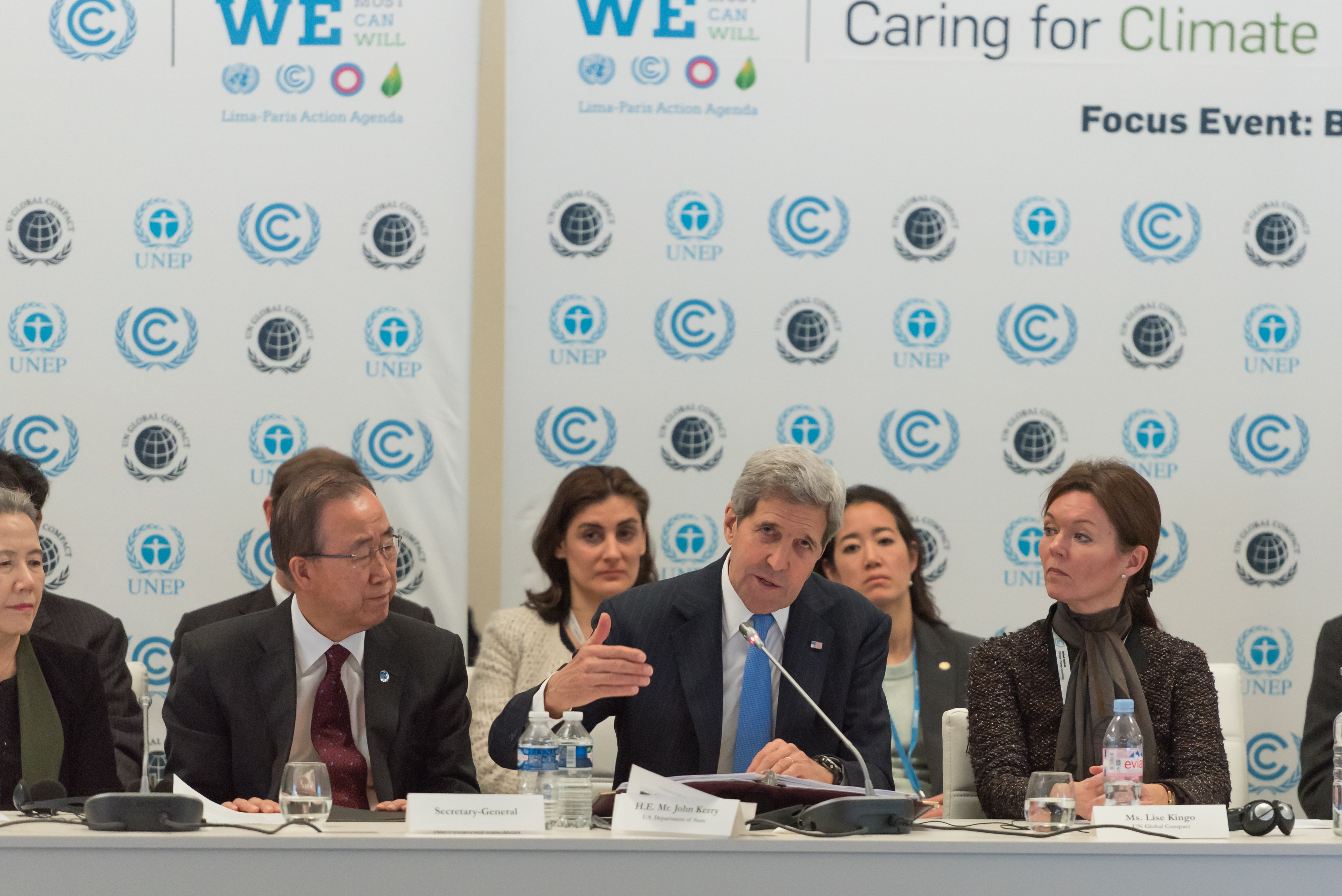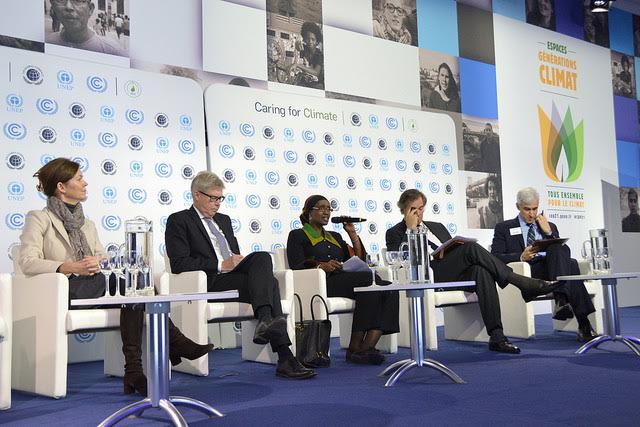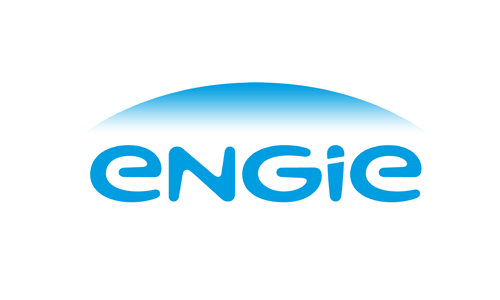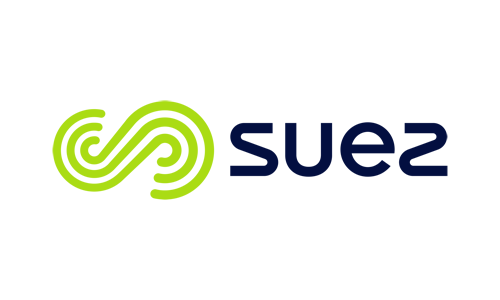UN Partners
United Nations Global Compact
Launched in 2000, the United Nations Global Compact is a both a policy platform and a practical framework for companies that are committed to sustainability and responsible business practices. As a multi-stakeholder leadership initiative, it seeks to align business operations and strategies with ten universally accepted principles in the areas of human rights, labour, environment and anti-corruption, and to catalyze actions in support of broader UN goals. With 7,000 corporate signatories in 135 countries, it is the world’s largest voluntary corporate sustainability initiative.

United Nations Environment Programme
The United Nations Environment Programme (UNEP) is the voice for the environment in the United Nations system. It is an advocate, educator, catalyst and facilitator, promoting the wise use of the planet’s natural assets for sustainable development. The mission of UNEP is to provide leadership and encourage partnership in caring for the environment by inspiring, informing and enabling nations and peoples to improve their quality of life without compromising that of future generations. The Division of Technology, Economics (DTIE) is the division within UNEP responsible for working with business and industry. With its longstanding activities in the areas of green economy, climate change, resource efficiency, harmful substances and hazardous waste, finance and corporate responsibility, it provides solutions to policy makers and helps change the business environment by offering platforms for dialogue and co-operation, innovative policy options, pilot projects and creative market mechanisms.
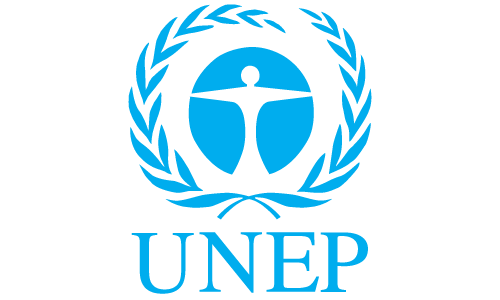
United Nations Framework Convention on Climate Change
With 195 Parties, the United Nations Framework Convention on Climate Change (UNFCCC) has near universal membership and is the parent treaty of the 1997 Kyoto Protocol. The Kyoto Protocol has been ratified by 193 of the UNFCCC Parties. Under the Protocol, 37 States, consisting of highly industrialized countries and countries undergoing the process of transition to a market economy, have legally binding emission limitation and reduction commitments. The ultimate objective of both treaties is to stabilize greenhouse gas concentrations in the atmosphere at a level that will prevent dangerous human interference with the climate system.
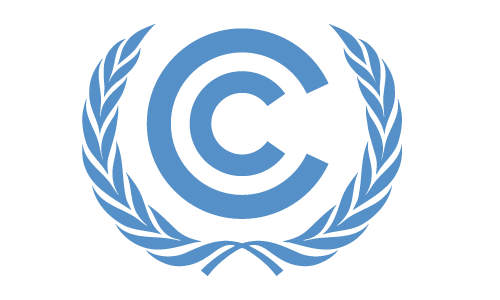
Caring for Climate Strategic Partners
UNEP FI
Founded in 1992 in the United Nations Environment Programme Finance Initiative (UNEP FI) was established as a platform associating the United Nations and the financial sector globally. The need for this unique United Nations partnership arose from the growing recognition of the links between finance and Environmental, Social and Governance (ESG) challenges, and the role financial institutions could play for a more sustainable world. UNEP FI is continuously building its membership, and works closely with over 200 members, who have signed the UNEP FI Statement of Commitment. The membership is made up of public and private financial institutions from around the world and is balanced between developed and developing countries. They recognize sustainability as part of a collective responsibility and support approaches to anticipate and prevent potential negative impacts on the environment and society.Banking, insurance and investment, the three main sectors of finance, are represented and brought together in this unique partnership.

CDP
CDP is an international, not for-profit organization providing the only global system for companies and cities to measure, disclose, manage and share vital environmental information. CDP works with market forces, including 722 institutional investors with assets of US$87 trillion, to motivate companies to disclose their impacts on the environment and natural resources and take action to reduce them. CDP now holds the largest collection globally of primary climate change, water and forest risk commodities information and puts these insights at the heart of strategic business, investment and policy decisions.
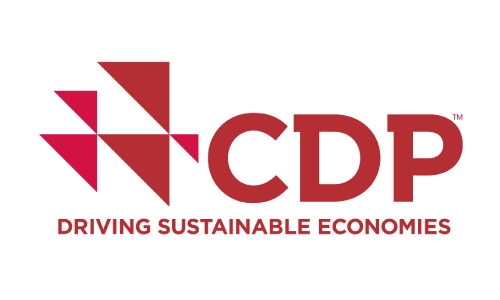
The Climate Group
The Climate Group is an independent, not-for-profit organization working internationally with government and business leaders to advance The Clean Revolution: a massive upscale of smart technologies currently available, design and new business practices that is the only viable way to avert catastrophic change and to ensure that nine billion people on the planet by 2050 will not only subsist – but thrive. Founded in 2004, The Climate Group has operations in Australia, China (Beijing and Hong Kong), Europe, India and North America; this unique network ensures that its messages are being heard by leaders who can effect change. The Climate Group’s global coalition of companies, states, regions and cities around the world recognize the economic and environmental imperatives of taking transformational action on climate change and the low carbon economy now.
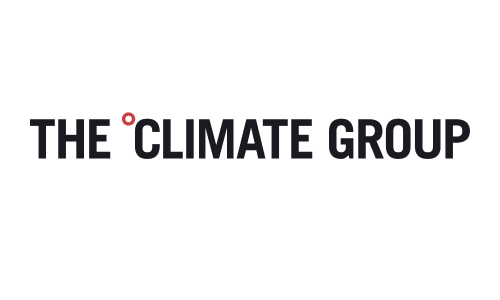
Prince of Wales Corporate Leaders Group
The Prince of Wales’s Corporate Leaders Group (CLG) is a select group of European business leaders working together under the patronage of His Royal Highness The Prince of Wales to advocate solutions on climate change to policymakers and business peers within the EU and globally. The Group seeks to deliver its goal through bringing European business leaders together to advocate for policy change in relation to climate change and a low carbon transition, drawing on high-level convening, thought leadership, business innovation and new partnerships as required.
The CLG is composed of major companies including market leaders and household names that are representative of the majority of EU member states. The University of Cambridge Institute for Sustainability Leadership (CISL) provides the secretariat to the group.

Principles for Responsible Investment
The United Nations-supported Principles for Responsible Investment Initiative (PRI) is a network of international investors working together to put the six Principles for Responsible Investment into practice. The Principles were devised by the investment community. They reflect the view that environmental, social and corporate governance (ESG) issues can affect the performance of investment portfolios and therefore must be given appropriate consideration by investors if they are to fulfil their fiduciary (or equivalent) duty. The Principles provide a voluntary framework by which all investors can incorporate ESG issues into their decision-making and ownership practices and so better align their objectives with those of society at large. The PRI has more than 1,260 signatories managing collective assets of more than US$45 trillion.

United Nations Foundation
The United Nations Foundation links the UN’s work with others around the world, mobilizing the energy and expertise of business and non-governmental organizations to help the UN tackle issues including climate change, global health, peace and security, women’s empowerment, poverty eradication, energy access, and U.S.-UN relations. The United Nations Foundation is honored to work with you and the United Nations to foster a more peaceful, prosperous and just world.
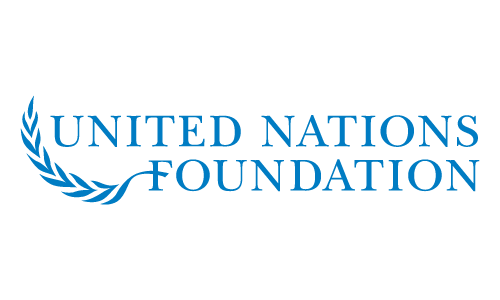
World Business Council for Sustainable Development
The World Business Council for Sustainable Development (WBCSD), a CEO-led organization of some 200 forward-thinking global companies, is committed to galvanizing the global business community to create a sustainable future for business, society and the environment. Together with its members, the council applies its respected thought leadership and effective advocacy to generate constructive solutions and take shared action. Leveraging its strong relationships with stakeholders as the leading advocate for business, the Council helps drive debate and policy change in favor of sustainable development solutions.

2015 Forum Partners
Global Compact France
Global Compact France is the French official local network of the UN Global Compact. It is an active business network with the participation of over 950 companies and 100 stakeholders that work together to advance the implementation of CSR strategies. The core mission of Global Compact France is to facilitate the exchange of good practices; provide guidance on the Communication on Progress and the implementation of corporate sustainability; engage participants through events and working groups (thematic conferences, round tables, workshops, high level luncheons, webinars, etc.); provide guidance materials in French; and build relevant partnerships.

IFC
IFC, a member of the World Bank Group, is the largest global development institution focused on the private sector in emerging markets. Working with more than 2,000 businesses worldwide, we use our capital, expertise, and influence to create opportunity where it’s needed most. In FY15, our long-term investments in developing countries rose to nearly $18 billion, helping the private sector play an essential role in the global effort to end extreme poverty and boost shared prosperity. Since 2005 IFC has provided about $13 billion in climate-smart long-term financing for renewable power, energy efficiency, sustainable agriculture, green buildings and private sector adaptation to climate change. For more information, visit www.ifc.org/climatebusiness.

SE4All- Sustainable Energy for All
Launched in September 2011, the Sustainable Energy for All (SE4All) Initiative is a multi-stakeholder partnership working with governments, businesses, civil society, banks and international institutions to meet three interlinked goals by 2030:
- ensure universal access to modern energy services,
- doubling the share of renewable energy in the global energy mix and
- doubling the rate of improvement in energy efficiency worldwide.
UN Secretary-General Ban Ki-moon and World Bank Group President Jim Yong-Kim co-chair the SE4All initiative which addresses the crucial global challenges of energy poverty while at the same time mitigating climate change.
More info at: www.se4all.org

Global Pulse
Established in 2009, Global Pulse is an special initiative of the UN Secretary-General, driving a big data revolution for sustainable development and humanitarian action. Its vision is a future in which big data is harnessed safely and responsibly as a public good. To achieve this objective, Global Pulse works to promote awareness of the opportunities data science presents for relief and development, forge public-private data partnerships, generate high-impact analytical tools and approaches through its network of Innovation Labs, and drive adoption of useful solutions across the UN System.

 “We congratulate the Secretary-General Ban Ki-Moon, UNFCCC Executive Secretary Christina Figueres, French Minister of Foreign Affairs Laurent Fabius and government leaders from 195 countries for this historic milestone. The ambition of political leaders to hold ‘the global average temperature to well below 2˚C above pre-industrial levels and pursuing efforts to limit the temperature increase to 1.5˚C,' clearly demonstrates the political will to address the climate change threat.”
“We congratulate the Secretary-General Ban Ki-Moon, UNFCCC Executive Secretary Christina Figueres, French Minister of Foreign Affairs Laurent Fabius and government leaders from 195 countries for this historic milestone. The ambition of political leaders to hold ‘the global average temperature to well below 2˚C above pre-industrial levels and pursuing efforts to limit the temperature increase to 1.5˚C,' clearly demonstrates the political will to address the climate change threat.”
